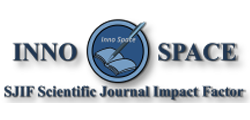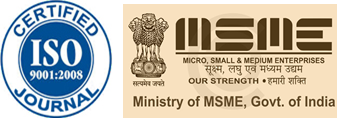ISSN: 2583-7605 (Online)
ESTD: 2022
Frequency: Monthly
DOI Prefix: 10.59828

|
International Journal of Scientific Research in Modern Science and Technology
International Open Access, Peer-reviewed & Refereed Journal | ISSN: 2583-7605(Online) |
Publication ethics and publication malpractice statement
The International Journal of Scientific Research in Modern Science and Technology (IJSRMST) is committed to maintain fair practice of publication. Our main aim is to provide original research content and it is open out for readers across the globe.
IJSRMST is a peer-reviewed international journal which maintains highest level of ethics, communication and educational expectation. The published article in this journal will be accurate, real, updated and trustworthy. The parties, which involve in the act of publishing viz; the editor, reviewer, author, the publisher, and society (if any) should agree upon this publication ethics and publication malpractice statement of the IJSRMST.
Duties of Editors
Authors' duties:
Reviewers' responsibilities:
Journal content access
Publishers are committed to making scholarly research permanently available and preserving and ensuring accessibility to scholarly materials by partnering with organizations and maintaining their own digital archives. It is an open-access journal.
ISSN: 2583-7605 (Online)
ESTD: 2022
Frequency: Monthly
DOI Prefix: 10.59828
Call for Paper
Volume 3 | Issue 4 | April 2024
Last Date: 30-April-2024












International Journal of Scientific Research in Modern Science and Technology
© Developed and Managed By OJSCloud